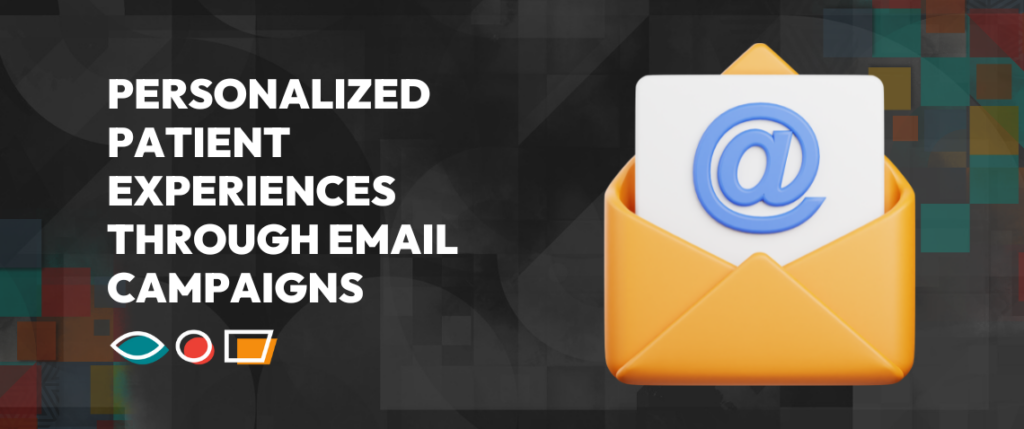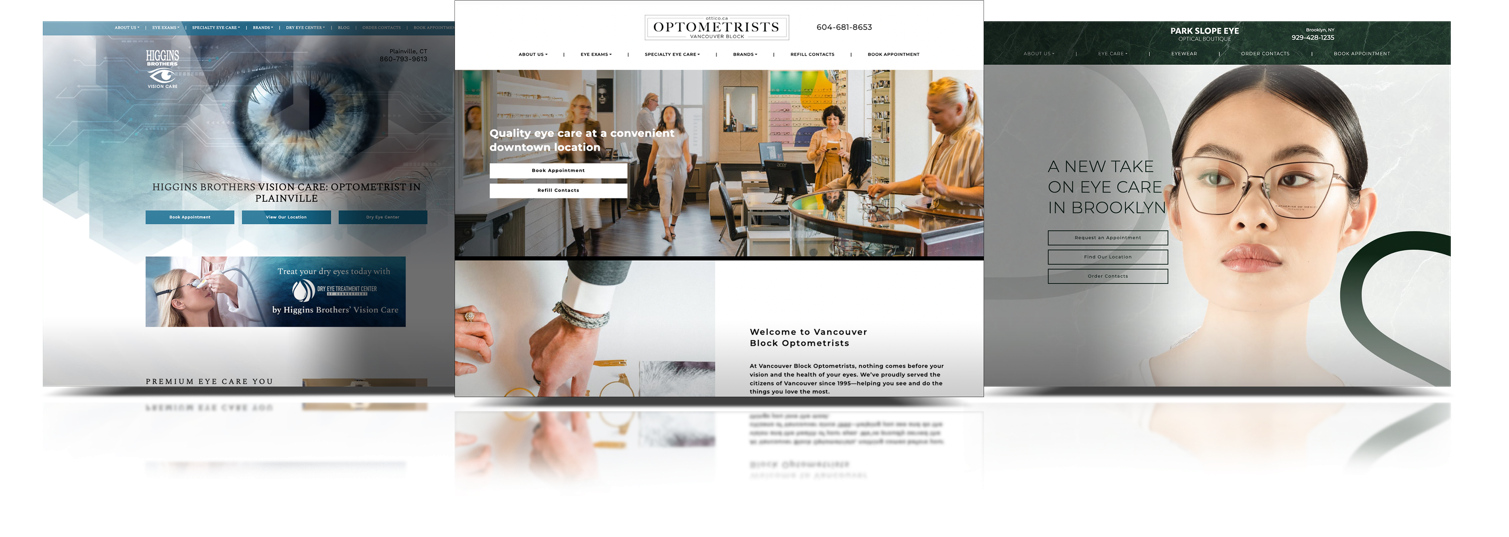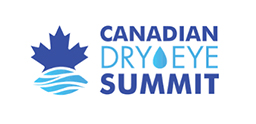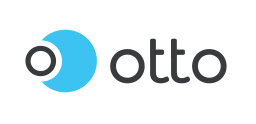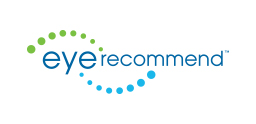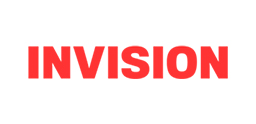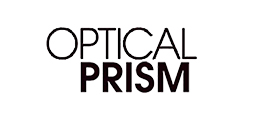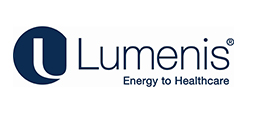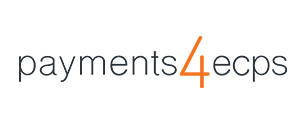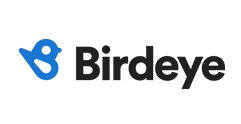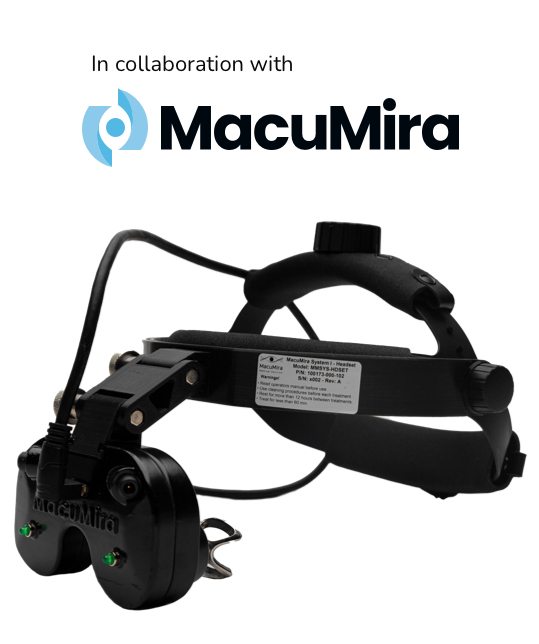Your patients expect to see relevant and personalized content from you that keeps your practice top of mind—and email marketing is one of the best ways to deliver that to them.
63% of marketers find personalization increases customer interactions which leads to better conversion rates, and 90% of U.S. consumers find marketing personalization appealing.
We’ll cover the various techniques you can implement in your email marketing, from basic personalization tactics like personalized subject lines to more sophisticated techniques such as automated sequences. Regardless of your background and comfort level in marketing, your practice can enjoy the benefits of increased personalization in your communications.
Why Email Marketing?
Some assume email marketing has gone out of fashion in our modern digital marketing landscape, but it’s still a top marketing channel for businesses in 2024, and for good reason. Many customers (83%) even report that email is their preferred way to communicate with businesses.
With 4 billion daily email users, there is no shortage of possibilities. Additionally, email marketing delivers one of the highest returns on investment (ROIs) of all marketing channels.
As privacy and data policies continue to change, like Google killing third-party cookies, 41% of marketers say their biggest challenge will be tracking the right data. Being an owned media channel, email marketing gives you full control over the messaging you use and the audience you target.
The information you collect from your patient list is yours to keep, and changing regulations can’t take away that wealth of information—which is why it’s so important to take advantage of it.
Personalization is Key
When you personalize your marketing and communications, your patients should feel like the messages they receive were made just for them. Companies like Netflix, Spotify, and YouTube are great examples of personalization at work—each uses your data to suggest shows, music, and videos they predict you to enjoy.
But you don’t need to be a multi-billion dollar company to incorporate personalization into your marketing, or even your day-to-day operations.
What is a Personalized Email?
All that being said, what is a personalized email? In the context of email marketing, personalization is how you target your campaigns to individual patients using the data you’ve already gathered from them.
That includes information like their first name, the date of their last appointment, where they live, which in-office treatments they may be a candidate for, and an almost neverending list of data points.
Personalized emails are proven to increase your open and click-through rates—studies have shown emails with personalized subject lines are 26% more likely to be opened than those without. That’s because these emails are perceived as being more relevant than generic communications.
But what exactly makes an email personalized? There are two main factors to consider:
- Relevance
- Timeliness
Relevance
On average, people receive 120 new emails every day. How does your practice stand out? By being relevant. The personalized emails you send should directly impact your patients.
That means your dry eye treatment announcements should go to dry eye candidates, your frame sale offers should go to glasses-wearers, and your reminders to book another appointment should go to patients who haven’t visited in a year or more.
Timeliness
The data you gather about your patients should tell you about their customer journey with you and what stage they’re at.
It’s important to send them content that aligns with this journey—new patients will have different needs than those who have been with your practice for years.
Gathering the Data You Need
Before you can start personalizing your emails, you need to have the right patient information—like demographics, names, and addresses stored in your email list. The data you have from your patients allows you to segment your audience, the key to getting more targeted.
Your front desk team is your primary resource for collecting this information. They can ensure they’re asking the right questions when getting new patients settled or double-check the information they have when your existing patients return.
By adding some extra fields to your email subscribe forms, you can capture extra details about your subscribers that allow you to personalize your campaigns.
Email List Segmentation
Segmented emails drive 30% more opens and 50% more click-throughs than unsegmented ones. But what exactly is a segment?
Email segmentation is the process of dividing and separating your patient emails into groups, called segments, based on criteria using tags in your email marketing platform, electronic health record (EHR), or customer relationship management (CRM) software.
Your patients could be sorted into multiple segments based on their age, behaviour, patient history, and more.
Email Workflows & Automation
As an eye care professional, finding ways to save your time is crucial. Your time should be spent on what matters, your patients! Thankfully, you can save precious resources while still focusing on your online presence with email automation.
Email automation is the process of sending action-triggered emails to your patients. Whether it’s a triggered workflow that helps you nurture new dry eye leads, birthday greetings, or automated eye exam reminders, automation can take some of the stress out of staying in touch with your audience and help you personalize your communications.
Automation relies on a set trigger. A trigger is a specific date, event, or a contact’s activity that tells your system to send out a related message. An example of a trigger you might set up an automated workflow around could be a user filling out a dry eye survey on your website.
After filling out this survey and providing their email address, this user can be entered into an automation that follows up with an email providing them information about your practice, dry eye services, and prompts them to book a consultation. From there, the workflow can continue to send regular reminders and follow-ups to this lead until they reach a point in their buying cycle where they are ready to visit your practice.
Getting Started With Personalized Email Campaigns
By integrating personalization that resonates with your patients, your practice can enhance patient engagement, loyalty, and, ultimately, conversion rates. The evidence is clear: personalized marketing is not just a trend but a fundamental shift in how we connect with our audience.
Personalizing your email marketing efforts is a necessary step to meet the growing expectations of your patients. By focusing on relevance and timeliness, and by utilizing the wealth of data at your disposal, your practice can foster meaningful connections with your patients.
It’s time to start connecting with your patients—contact us when you’re ready to elevate your email marketing.


